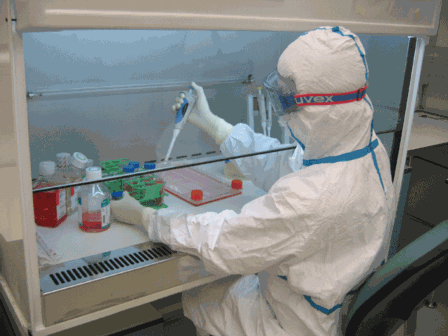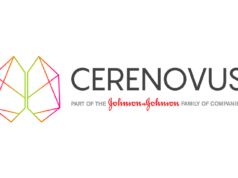
BrainStorm Cell Therapeutics has announced results from the recently completed US randomised, double-blind, placebo-controlled phase II study of NurOwn in patients with amyotrophic lateral sclerosis.
The study achieved its primary objective, demonstrating that NurOwn was safe and well tolerated. NurOwn also achieved multiple secondary efficacy endpoints, showing clear evidence of a clinically meaningful benefit. Notably, response rates were higher for NurOwn-treated subjects compared to placebo at all time points in the study out to 24 weeks.
“We are very encouraged by these Phase 2 data that show that NurOwn cell therapy is safe and that a single administration produces a transient and clinically meaningful beneficial response in terms of both the ALS-FRS-R rating scale and cerebrospinal fluid biomarkers,” says Robert H Brown, professor and chair of Neurology at the University of Massachusetts Medical Center and Medical School (Worcester, USA), and investigator in the trial. “These exciting findings clearly indicate that it is appropriate to conduct a longer study with repetitive dosing.”
“We are excited about the trial results which provide important information on safety, preliminary efficacy and biological effects of NurOwn,” says Merit E Cudkowicz, professor of Neurology at Harvard Medical School and Chief of Neurology at Massachusetts General Hospital (Boston, USA). “More participants in the treated group had slowing of progression and there were no safety concerns. The increased levels of growth factors in the cerebrospinal fluid and decreased inflammatory markers observed after two weeks are encouraging evidence for a biological effect. Based on these results, repeat dosing at 8 to 12 weeks and a larger confirmatory trial are warranted.
Anthony J Windebank, professor of Neurology and director for Discovery, Mayo Clinic Center for Regenerative Medicine (Rochester, USA). “There are positive efficacy signals with clear indications to proceed to the next phase. We at Mayo clinic will be eager to move ahead with that as soon as possible.”
“Patients in the Brainstorm study tolerated treatment extremely well and there were no serious adverse events related to therapy. The safety profile certainly provides the opportunity to continue to study this approach to amyotrophic lateral sclerosis treatment.” states Carlayne E Jackson, professor of Neurology and Otolaryngology, chief medical officer, UT Medicine San Antonio, University of Texas Health Science Center (San Antonio, USA) who served as the chair of the Data Safety Monitoring Board on this study.













